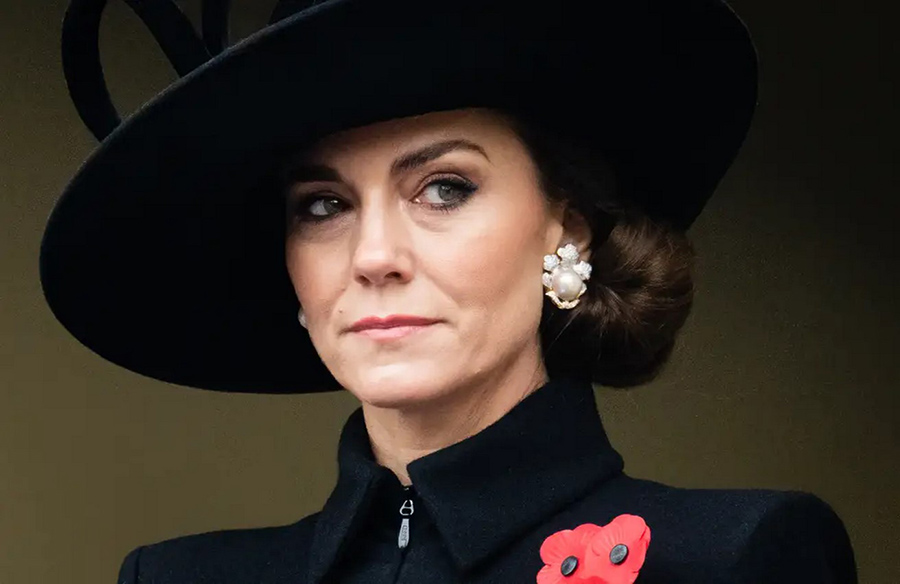
Kate Middleton stands as one of the most prominent working mothers in contemporary times. While her relationship with Prince William placed her within the orbit of the British royal family, Middleton didn’t officially undertake royal duties until after their engagement in 2010, as reported by CBS News. Her role supporting the monarchy expanded significantly following their grand wedding in 2011, with engagements spanning the United Kingdom and international territories. As Middleton and William welcomed three children between 2013 and 2018, her responsibilities continued to increase. However, following Kensington Palace’s announcement of her “planned abdominal surgery” in January, Middleton has been notably absent from public engagements.
The Phenomenon of #KateGate
Despite Kensington Palace’s statement that Middleton would refrain from public duties “until after Easter,” her absence, coupled with a photo-editing scandal, ignited conspiracy theories about her marriage. Dubbed #KateGate, the controversy sparked a deluge of TikTok videos, Reddit threads, and Instagram Reels from royal enthusiasts globally. The rumors gained traction after American TV host Stephen Colbert speculated about Prince William having an affair. But what drives the fervent interest, particularly among women, in Middleton’s alleged drama?
Elizabeth Pearson, a mother and career coach, suggests that women are captivated by the saga due to a shared fantasy of breaking free from constraints. Pearson notes that many women speculate that Middleton might have rebelled against the monarchy, mirroring their own desire for independence. The rumors circulating online, while unsubstantiated, resonate with women who reject traditional gender roles and patriarchal norms.
Beyond Traditional Roles
The term “trad wife,” referring to women who embrace traditional gender roles in family life, has gained traction online but has also faced criticism for perpetuating financial vulnerability and lack of autonomy. Pearson believes that Middleton’s situation taps into broader societal perceptions of class and happiness. Despite marrying into one of the wealthiest families globally, Middleton’s rumored unhappiness challenges the notion that wealth and power equate to fulfillment.
Furthermore, parallels drawn between Middleton and Princess Diana, who faced similar challenges in her marriage to Prince Charles, contribute to the intrigue. Princess Diana’s tumultuous relationship, coupled with media scrutiny, draws parallels to Middleton’s rumored struggles. Sources close to Middleton suggest that she may soon address her health concerns, emphasizing her desire for transparency and control over her narrative.
As speculation persists, Middleton’s story continues to captivate audiences worldwide, highlighting broader societal conversations about gender roles, autonomy, and the pursuit of happiness.




Leave a Reply